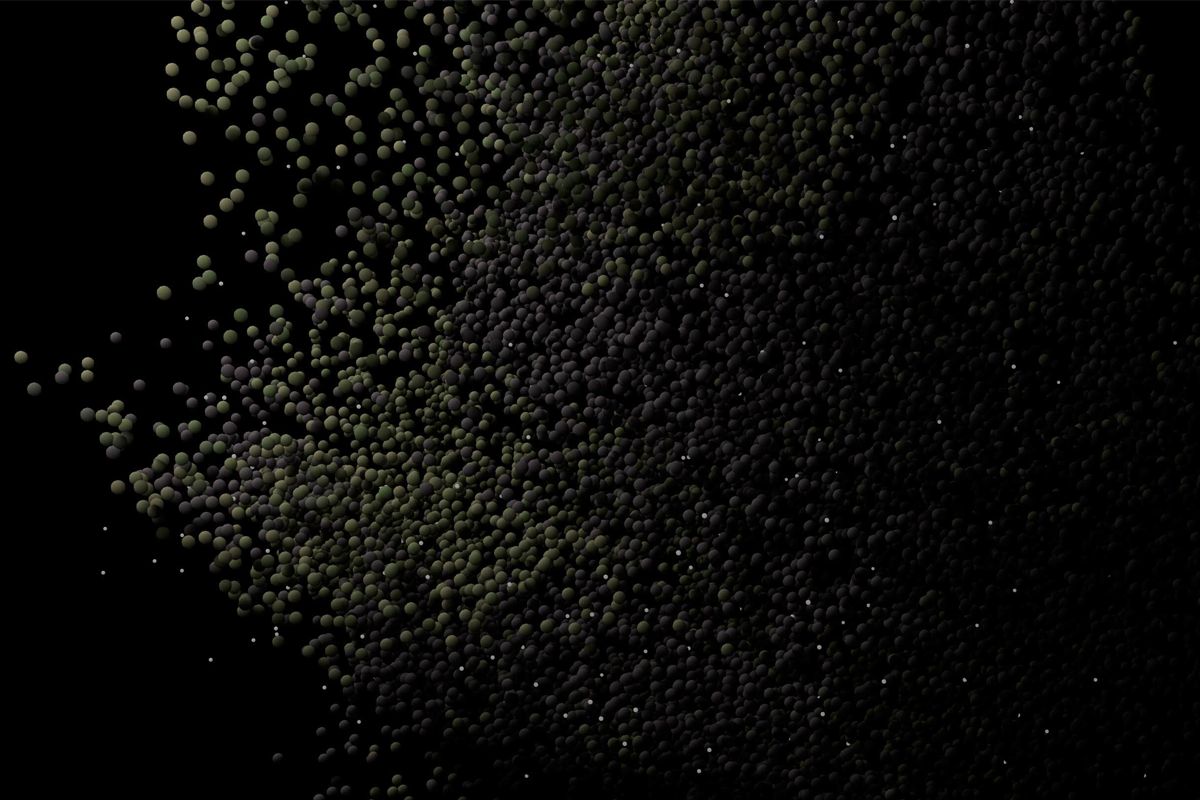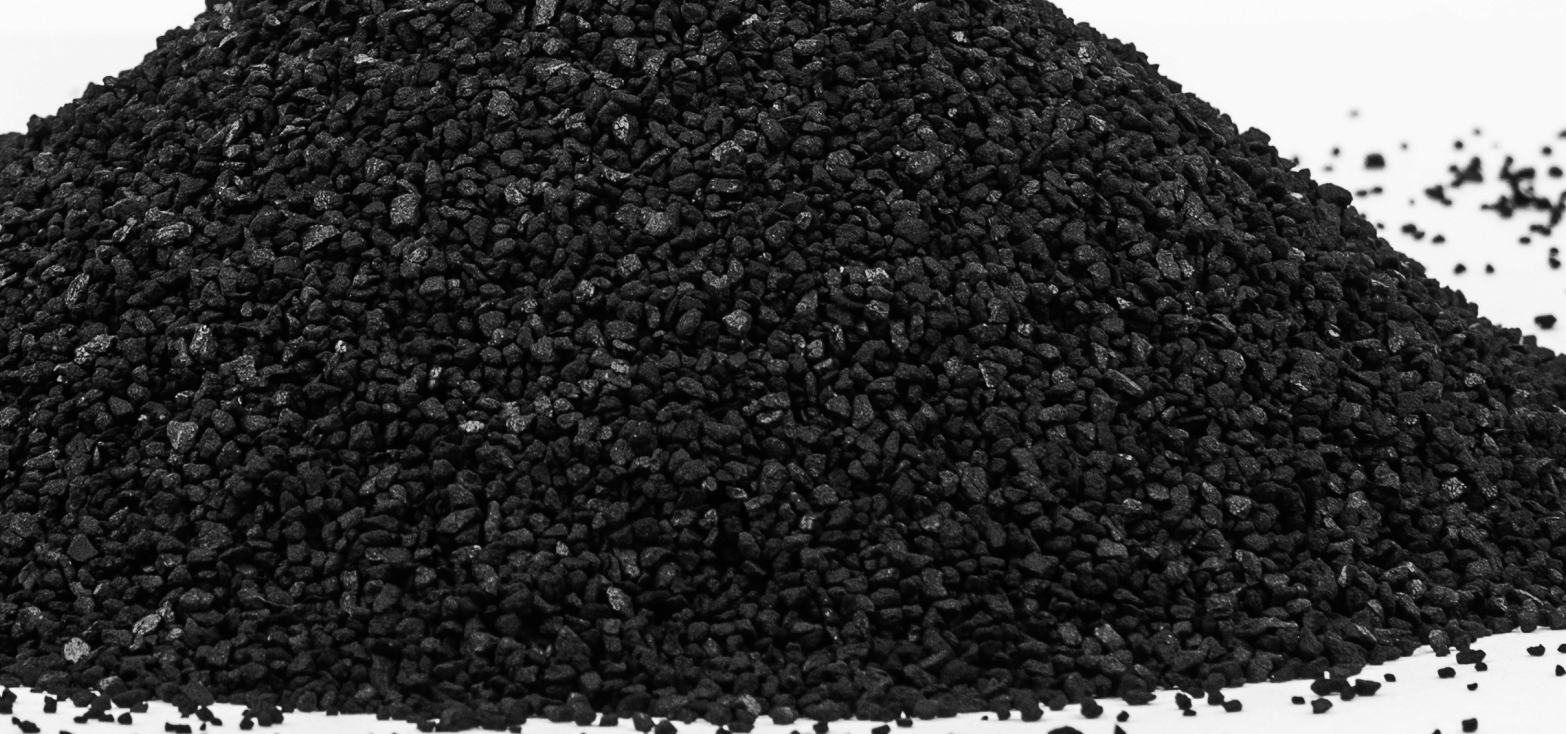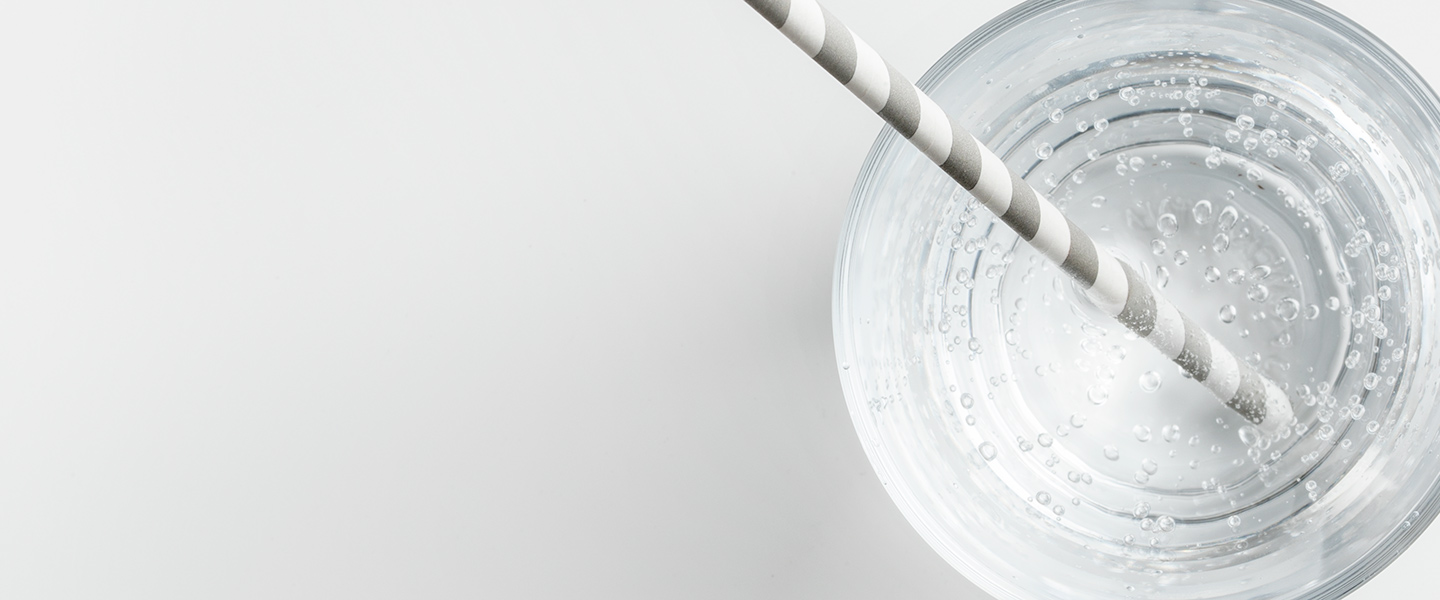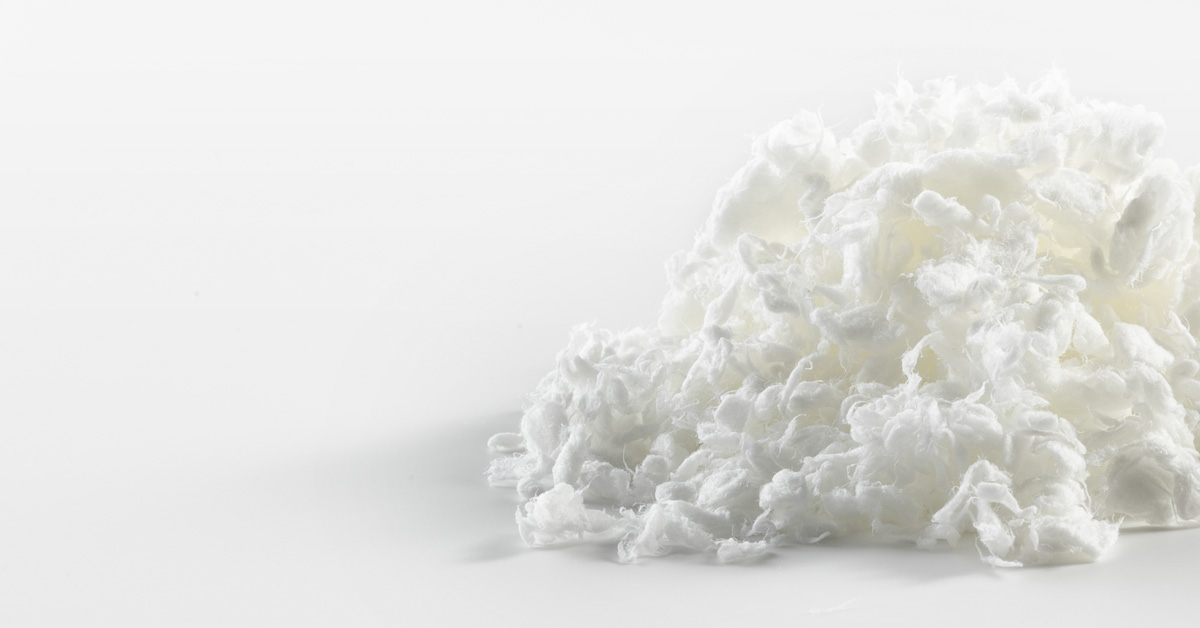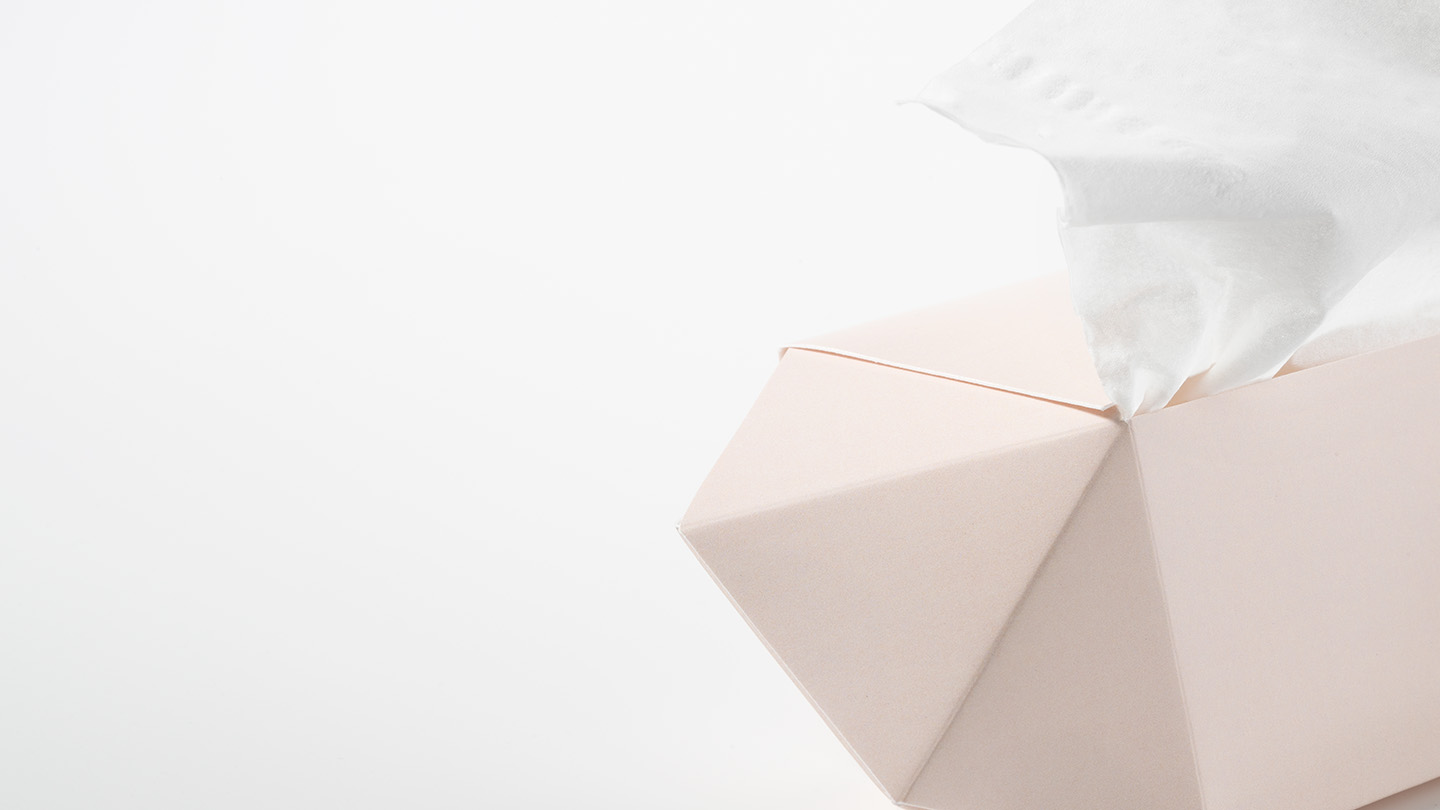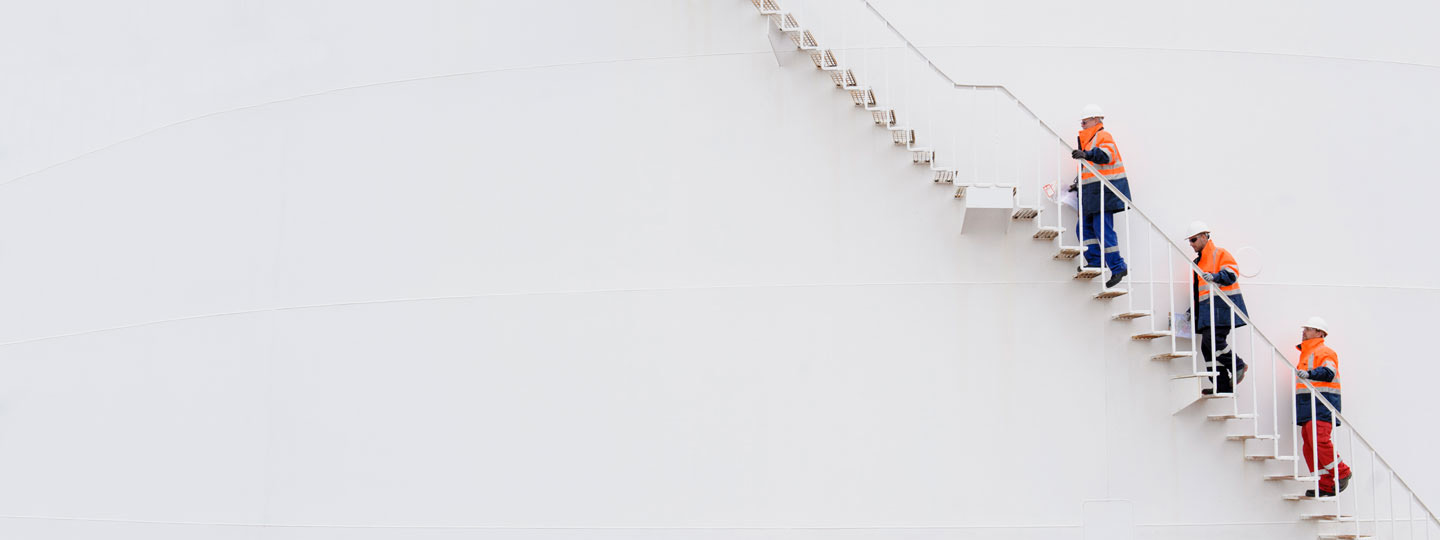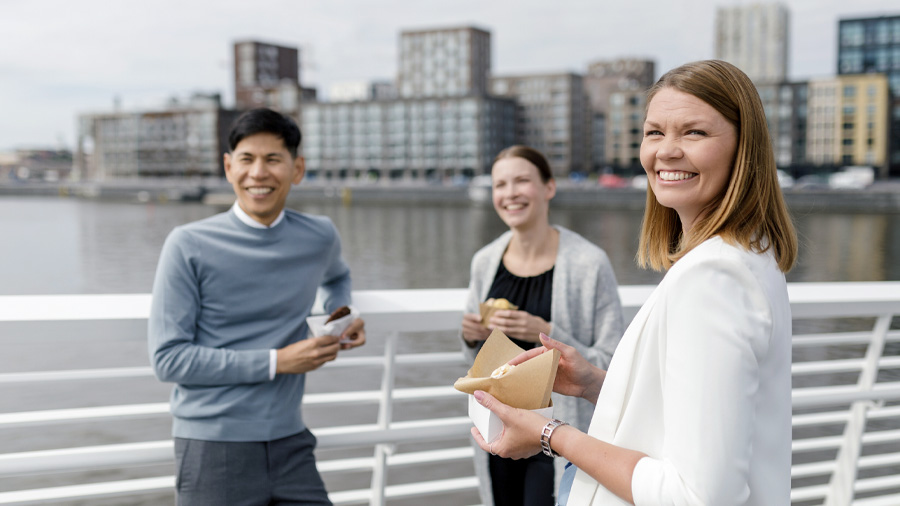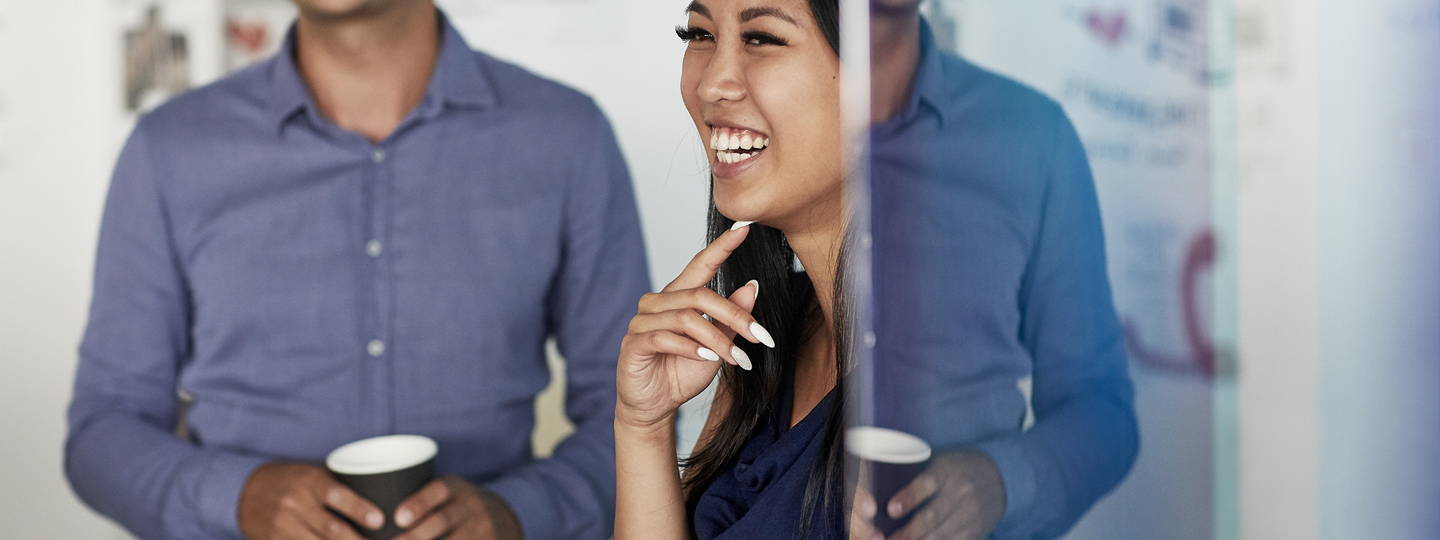We at Kemira are in the business of chemistry expertise. Safe, sustainable chemistries are a part of good life, ensuring hygiene, safe water, food safety and more.
We are the chosen partners for water-intensive industries worldwide, helping our customers design for efficiency, reuse resources, and revitalize natural systems. With over 100 years of experience, we partner with municipal water utilities, pulp, paper, board and tissue producers to deliver visible improvements with our invisible enabler – the chemistry expertise of our 4,700 people.
